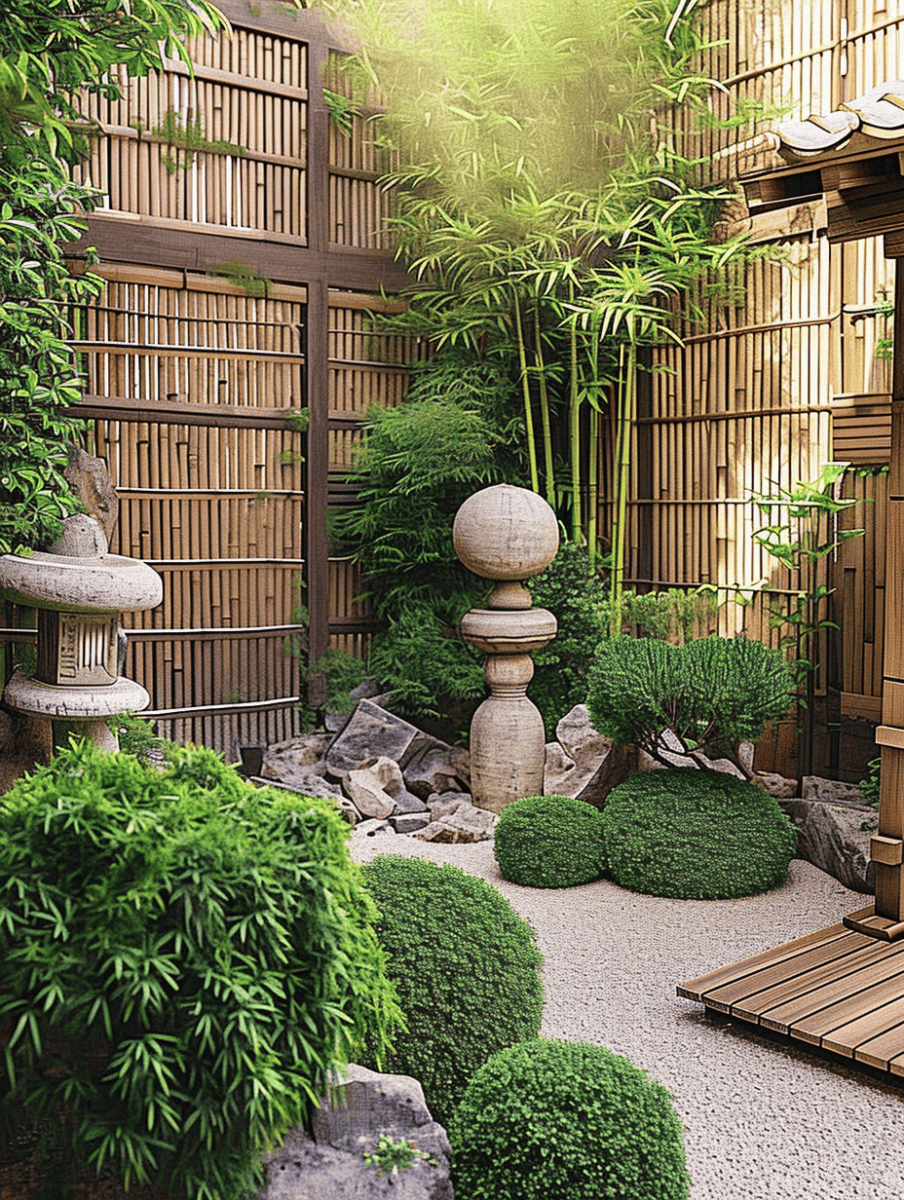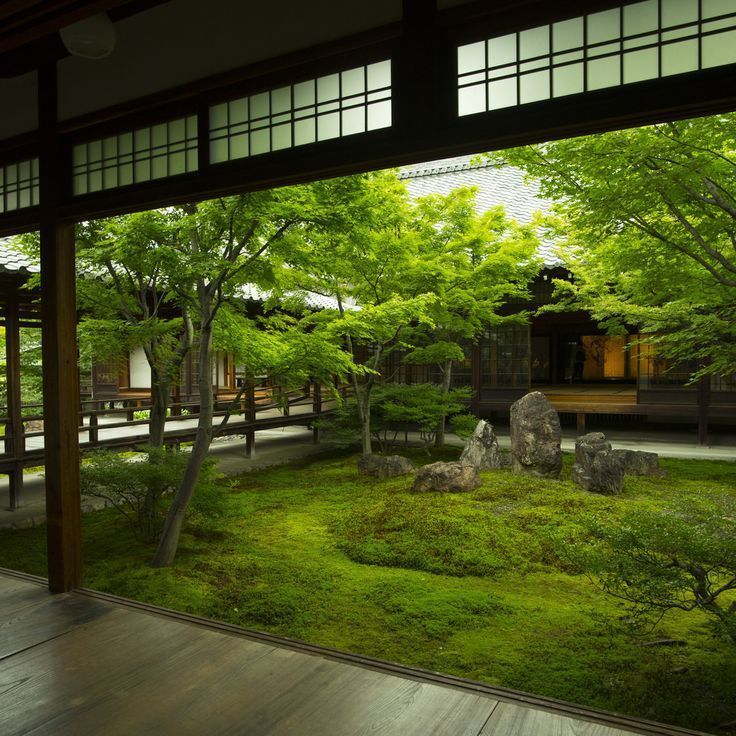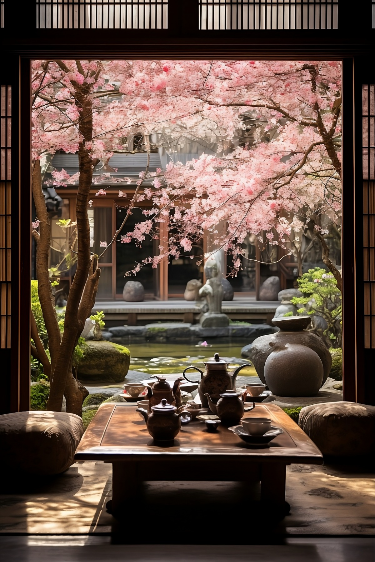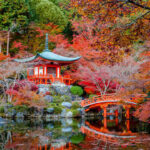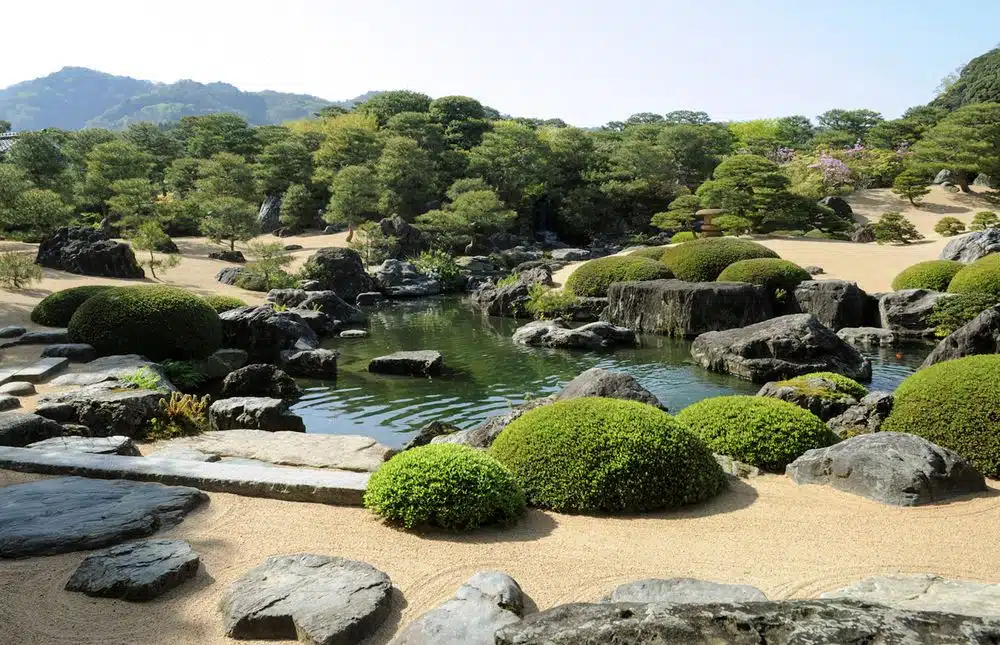Japanese gardens are known for their serene and harmonious design, reflecting the principles of Zen Buddhism and the beauty of nature. These gardens are meticulously planned and carefully executed to create a peaceful and relaxing atmosphere for visitors. Each element in a Japanese garden, from the placement of rocks and trees to the design of pathways and water features, is carefully considered to evoke a sense of tranquility and balance.
One of the key features of a Japanese garden is its use of natural materials such as rocks, gravel, and wood. These materials are chosen for their simplicity and natural beauty, and are arranged in a way that mimics the natural landscape. Rocks are often used to symbolize mountains or islands, while gravel represents water or sand. Trees and shrubs are carefully pruned and shaped to create a sense of harmony and balance within the garden.
Water is another important element in Japanese garden design, as it is seen as a symbol of life and renewal. Ponds, streams, and waterfalls are common features in Japanese gardens, and are often used to create a sense of movement and tranquility. Bridges and stepping stones are used to cross the water, adding an element of mystery and discovery to the garden.
Another key aspect of Japanese garden design is the use of symbolism and metaphor. Many elements in a Japanese garden have deeper meanings and are meant to evoke a sense of introspection and reflection in visitors. For example, the arrangement of rocks may represent a mountain range or a waterfall, while the design of pathways may lead visitors on a journey through the garden, both physically and spiritually.
In addition to their beauty and symbolism, Japanese gardens are also designed to create a sense of harmony with the surrounding environment. The use of native plants and materials, as well as the careful placement of trees and shrubs, helps to create a seamless transition between the garden and its surroundings. This connection to nature is an important aspect of Japanese garden design, as it reinforces the idea of harmony and balance in all aspects of life.
Overall, Japanese gardens are a testament to the beauty and ingenuity of Japanese culture. They are carefully designed to evoke a sense of peace and tranquility, and to inspire visitors to connect with nature and experience a moment of introspection and reflection. Whether visiting a traditional Japanese garden or creating one in your own backyard, the principles of Japanese garden design can help to bring a sense of calm and balance to any environment.
 yishifashion Where Outdoor Dreams Become Reality
yishifashion Where Outdoor Dreams Become Reality
